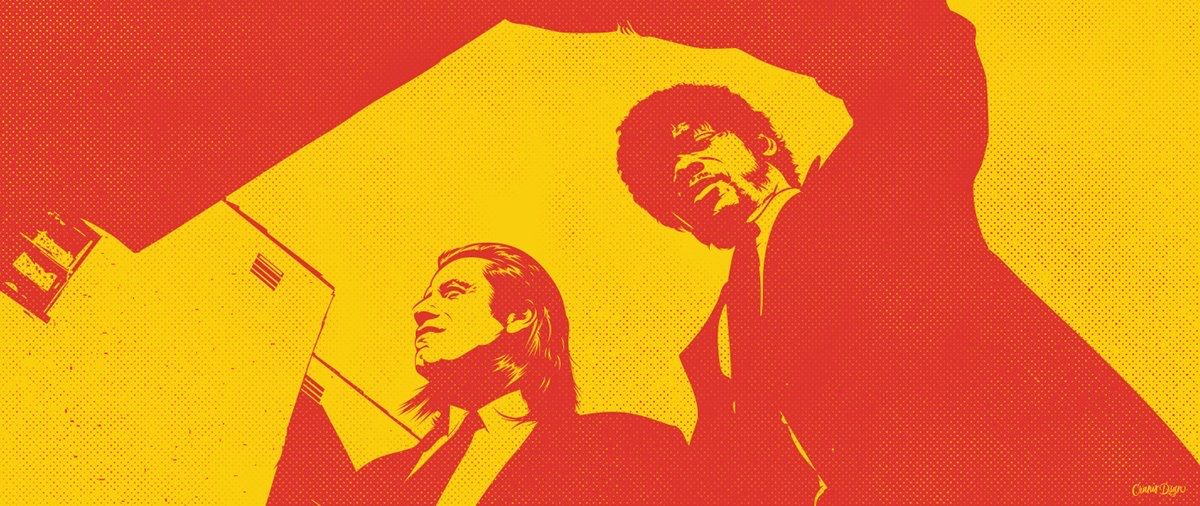The Ascent is a 1977 movie directed by Larisa Shepitko.

WHAT HAPPENS?
Two Soviet soldiers are captured by Nazis. The first, Sotkinov, refuses to cooperate and is tortured. The second, Rybak, is more forthcoming. Their respective actions determine their physical and emotional fates.
ONE LINE REVIEW
The Ascent is a bleak but gorgeous study of survival.
THE ACTORS
Boris Plotnikov is tremendous as Sotkinov, the wounded soldier coming to grips with the reality of a desperate situation. Plotnikov effortlessly displays a range of emotions. He’s timid and shell-shocked before accepting his fate. Suddenly, Plotnikov grows stoic as he physically deteriorates. His final scenes reveal a tender embrace that suggests a spiritual stillness. The performance is subtle yet somehow commanding.
Vladimir Gostyhukin offers a contrast as the ascerbic and hardened Rybak. Gostyhukin layers the character with a cynical edge, which often belies the intense fear he carries. It’s an intriguing character – his instinct to survive clashes with Sotkinov’s acceptance of his fate. The movie’s best scene occurs as Gostyhukin launches into an explosive tirade against Plotnikov, accusing him of expressing hope for their situation.

Anatoliy Solonitsyn portrays Portnov, the Nazi investigator. Solonitsyn is brilliant in his exchanges with the soldiers – he is emotionally numb and a bitter realist given his role. He cruelly rips apart Sotkinov’s morality, suggesting that nothing in the world holds such value.
Viktoriya Goldentul is memorable as Basya, a widowed mother who unknowingly gets involved with the soldiers. She is the most expressive and tortured of the characters. She is considered an accomplice of Sotkinov and Rybak and taken from her four children. Goldentul’s display of rage here is heartbreaking. Her eventual reckoning with her fate is perhaps the purest expression in the movie.

THE DIRECTOR
Soviet directors excel in unearthing the beauty in desolate landscapes. Sheptiko , Vladimir Chukhnov and Pavel Lebeshev are no exceptions – their use of lighting to plot the characters’ struggles with conscience are extraordinary. Plotnikov retains a washed-out, ghostly appearance throughout the movie, yet his attainment of peace is gently cascaded by soft light. In contrast, shadows enveloping Portnov and Rybak’s eyes suggest a cynicism and darkness reminiscent of classic horror movies.
THE BEST
The final two scenes are extraordinary. Without giving any spoilers, the essence of each main character is perfectly illustrated. The addition of Sergei Kanishchev, a boy who tears up during the eventful finish, leaves a powerful yet surprising image.

THE BEST Part 2 – Rybak’s Visions
Sheptiko uses an intriguing narrative device as Rybak envisions his escape on a few different occasions. He typically meets an unfortunate end. However, it’s interesting to compare his imagined death with his tortured, real existence.
THE BEST Part 3 – The One-Liners
Rybak to Sotnikov: “Actually thanks for not leaving.”
Sotnikov: “I didn’t want to die in an open field. The woods is better.”
Portnov to Sotnikov: “The fantastic glitter in your eye will be replaced by fear.”
Rybak to Sotnikov: “I’m a soldier. You’re a corpse. All you’ve got left is your stubborness – your principles!
Sotnikov to Rybak: “Then go. Go on living – without a conscience. It can be done.”

THE WORST – Basya
Basya represents multiple symbols. She’s the unwitting accomplice who is dragged into Rybak and Sotnikov’s capture. She’s a widow facing the oblivion of a bleak Soviet existence. Ultimately, she’s a bystander in and cruel victim of war. Yet, she also represents an enlightening source of power through her perseverance.
FOX FORCE FIVE RATING – 4.5/5
The Ascent is perfect Soviet moviemaking. It’s bleak and depressing but also gorgeous and makes an extraordinary statement on human survival.
